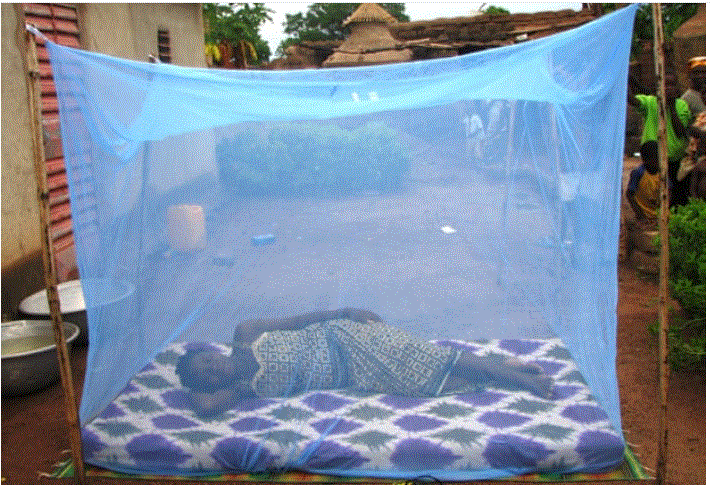In a significant breakthrough in the fight against malaria, two new types of mosquito bed nets have been found to reduce cases of the disease by up to half. This discovery has raised hopes for combating malaria, which is increasingly resistant to existing treatments and prevention methods.
The trial of these innovative bed nets, treated with two types of insecticide instead of one, was conducted in 17 African countries between 2019 and 2022. Among the participating nations was Nigeria, which accounts for over a quarter of global malaria-related deaths. Malaria, a disease transmitted by mosquitoes, remains a significant public health challenge in Africa.
According to the latest data from the World Health Organization (WHO), more than 600,000 people died from malaria in 2022, and 249 million people were infected. Alarmingly, over 90% of these cases and deaths occurred in Africa.
The introduction of these new mosquito bed nets marks a significant step forward in malaria prevention efforts. By utilizing nets treated with two different insecticides, researchers have observed a notable reduction in malaria transmission rates. This development offers hope for countries struggling to control the spread of the disease, especially in regions where malaria is endemic.
With malaria becoming increasingly resistant to existing interventions, the effectiveness of these new bed nets is a welcome breakthrough. Continued research and investment in innovative approaches to malaria prevention and treatment are crucial to further reducing the burden of this deadly disease, particularly in Africa where it poses the greatest threat to public health.







